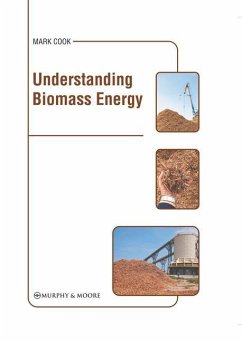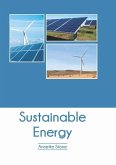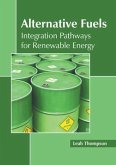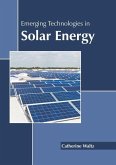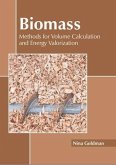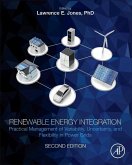Any plant or animal material that can be used to produce energy in the form of electricity or heat is called biomass. These are organic materials which store chemical energy sourced from the sun. Wood and wood residues are the most widely used biomass materials. They can be used either directly or can be processed into pellet form. Some of the other examples of biomass feedstock are corn, bamboo, switchgrass and miscanthus. Waste materials such as municipal waste, wood waste, agricultural waste, sewer sludge and manufacturing wastes also find application as sources of energy. Biomass conversion processes upgrade raw biomass into higher grade fuels. These methods can be classified into thermal conversions, chemical conversions, biochemical conversions and electrochemical conversions. Some of the issues related to the use of biomass are emission of greenhouse gases, forest conservation and carbon payback time. Biomass energy is an upcoming field of science that has undergone rapid development over the past few decades. This book unfolds the innovative aspects of biomass energy which will be crucial for the holistic understanding of the subject matter. It will serve as a valuable source of reference for those interested in this field.
Hinweis: Dieser Artikel kann nur an eine deutsche Lieferadresse ausgeliefert werden.
Hinweis: Dieser Artikel kann nur an eine deutsche Lieferadresse ausgeliefert werden.

